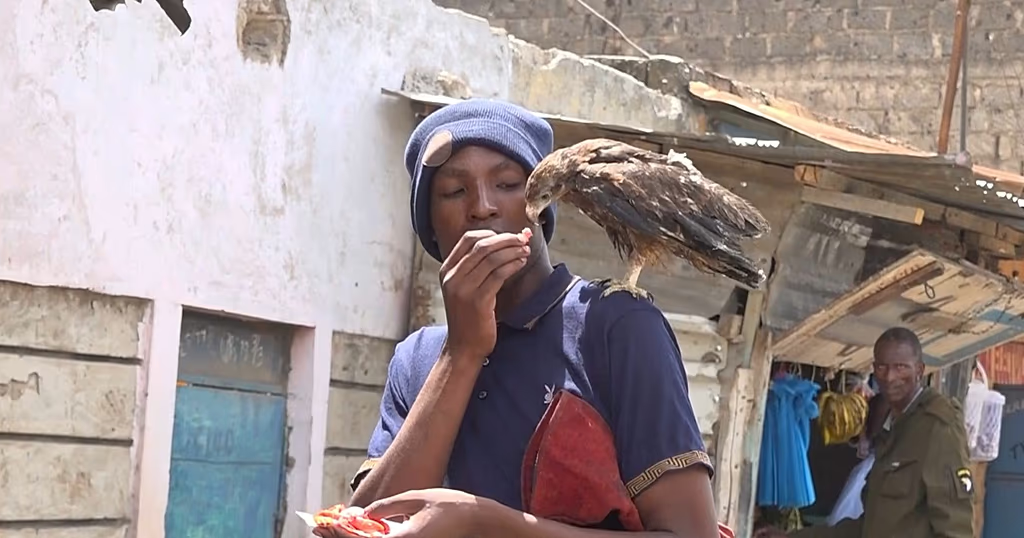Humanitarian Aid Shortages Threaten Millions in Six Countries
A recent report by the World Food Programme (WFP) highlights the dire consequences of aid cuts, which are expected to leave millions of people without lifesaving assistance and exacerbate hunger. Six countries are particularly vulnerable: Afghanistan, Democratic Republic of Congo, Haiti, Somalia, South Sudan, and Sudan.
In Afghanistan, 9.5 million people are food-insecure, a number that is likely to increase due to a $622 million funding shortfall over the next six months. The WFP fears that significant pipeline breaks will occur as early as November, limiting the organization’s ability to reach its target for the winter humanitarian response. In the Democratic Republic of Congo, a record 28 million people are food-insecure, including 10.3 million in the conflict-hit east. The WFP has been forced to reduce assistance due to funding gaps, with a complete pipeline break looming in February 2026.
Haiti is also severely affected, with over half of the population facing acute food insecurity. The WFP has suspended hot meals for recently displaced people and halved monthly rations due to funding delays. Somalia is expected to experience pipeline breaks from November, resulting in a reduction of emergency food assistance to 350,000 people. In South Sudan, 7.7 million people are acutely food-insecure, and the WFP is operating under severe funding constraints, limiting the scale of assistance.
Sudan is facing a similar crisis, with 25 million people experiencing acute hunger and famine confirmed in some areas. The WFP assists an average of 4.2 million people each month but requires $600 million over the next six months to scale up support and prevent the spread of famine. The funding shortfalls in these six countries total over $2.1 billion, emphasizing the urgent need for increased support to prevent widespread hunger and famine. The WFP’s operations in these countries are critical to providing lifesaving assistance, and the international community must take immediate action to address these funding gaps and prevent a humanitarian catastrophe.



